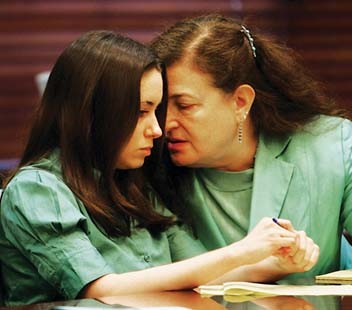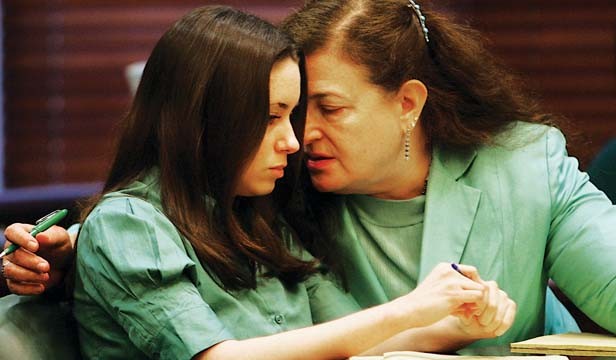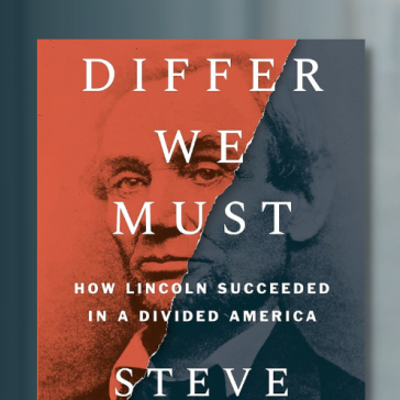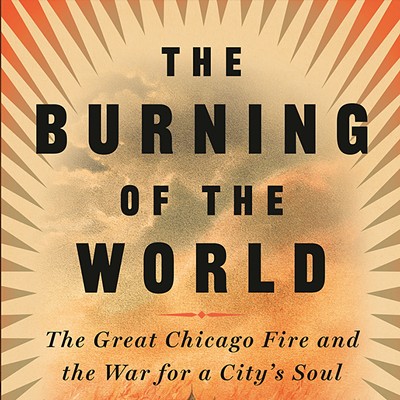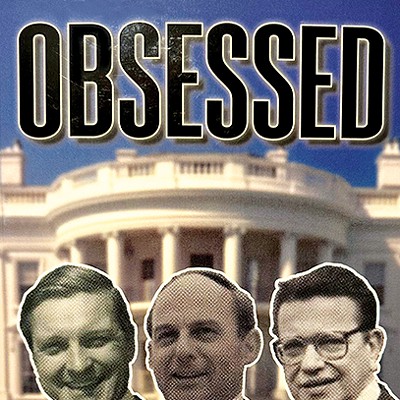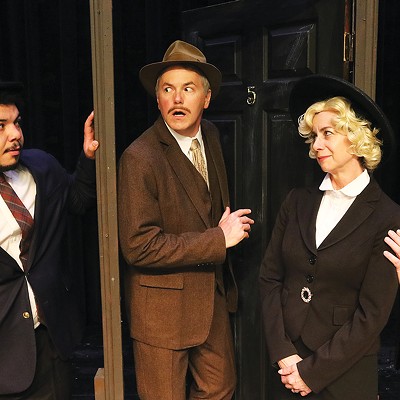Angel of Death Row: My Life as a Death Penalty Defense Lawyer. Andrea D. Lyon. Kaplan Publishing, 2010. Hardcover. $24.95. Kindle edition $9.99, contains only “A Mother Accused,” a single chapter of the hardcover book.
Andrea Lyon was dubbed the “Angel of Death Row” in an article in the Chicago Tribune. She was the first woman to be lead counsel in a death penalty trial in Illinois. She began her career at the Cook County Public Defender’s Office, and she worked her way up to chief of the Homicide Task Force, a 22-lawyer unit that represents people accused of homicide. She claims the stories she tells are true, and that is darn scary. Her cases include an abused wife, an ex-police officer, a gang member and a psychotic who refused to use the insanity defense. In each case, and there are several others, she claims she learned something about life and something more about how to maneuver the maze that is our justice system.
According to Lyons, when she first joined the Chicago Homicide Task Force, there were four extremely bad jurists in the system: The Hanging Judge was known to brag that he had sent more men to death row than most states had. The Corrupt Judge could be bribed. If he wasn’t paid off, he came down like a hammer. The Vicious Judge was perpetually angry, an ex-prosecutor known for the particular delight he took in winning death sentences. The final member of this “worst of the worst” club was The Bigot. He was closed-minded foul-tempered, and had earned a reputation as a tool of the state.
She claims that some judges will rule differently in election years. Lyon also dealt with what most women in men’s professions endured 30 years ago: judges who mocked and humiliated her and made demeaning comments about her weight and gender in open court.
Although the Task Force investigates the crime looking for new evidence, witnesses or mitigating circumstances and goes over trial transcripts looking for grounds for appeals, usually its job is to reverse the death sentence to life in prison without parole. Lyon gives extreme and complex examples of capital trials and frankly discusses the unbalanced conviction and penalty rates among the poor. She portrays herself as hardworking, forthright and outspoken. She is a good story with a penchant for irony. I especially appreciated the description of the Supreme Court building in Springfield, and the reverence she accorded it when arguing her first case there.
If there is a misstep, it is that her personal story (which is now and then juxtaposed with her cases) is poorly integrated. For example, she tells us about Juliette, a woman who murdered her abusive lover, and her testimony that became a true horror story, and then she says that driving home: “I couldn’t help thinking of my own life in comparison.” She goes on to talk about her dating life. While she admits that compared to Juliette’s life, hers is “a fairy tale,” it was still a third-rate transition.
This book is about the world of corruption that hides behind the law, where wealth and social status play too large a role in determining who is convicted and who goes home. I think most of us know these problems exist on some level, but knowing it and seeing it are two different things. Lyon puts a face on that corruption; she humanizes its victims. Readers may find themselves reconsidering the death penalty. If they remain in favor of it, they will not be able to deny that the system needs fixed.
Martha Miller is a widely published Springfield author. Her fifth book, Retirement Plan, is due out in May 2011. Her website is www.marthamiller.net.

